Home thyroid blood tests provide quick screening for hypothyroidism and hyperthyroidism but should complement professional evaluation. Accurate results depend on kit quality, sampling, instructions, and individual thyroid function. While useful for tracking health, they don't replace diagnosis; consult a healthcare provider for interpretation and personalized advice.
Is an at-home thyroid test reliable? With the rise in popularity of home thyroid blood tests, understanding their accuracy and limitations is crucial. This comprehensive guide delves into the world of thyroid function tests, exploring the reliability of at-home kits compared to lab testing. Learn how to interpret results, identify factors affecting test reliability, and when to seek medical advice for personalized thyroid health management.
- Understanding Thyroid Function Tests
- Accuracy of At-Home Test Kits
- Comparing Lab vs Home Testing
- Interpreting Results: What Do They Mean?
- Factors Affecting Test Reliability
- When to Seek Medical Advice
Understanding Thyroid Function Tests
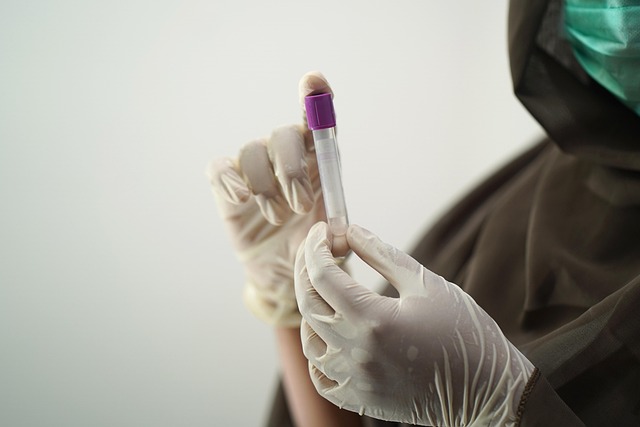
Thyroid function tests are essential tools to understand and diagnose any issues related to your thyroid gland. These tests measure specific hormones and antibodies in your blood, providing valuable insights into your thyroid’s health. The home thyroid blood test has gained popularity due to its convenience, allowing individuals to take control of their health from the comfort of their homes. This direct-to-consumer approach democratizes access to thyroid screening, empowering folks to seek answers about their thyroid function.
When considering a home thyroid test, it’s crucial to understand that these tests can detect various conditions, including hypothyroidism and hyperthyroidism. Hypothyroidism, often linked to low thyroid levels, is characterized by slower metabolism and fatigue. On the other hand, hyperthyroidism indicates an overactive thyroid, potentially leading to weight loss and increased heart rate. While these at-home tests offer a quick assessment, they should not replace a comprehensive medical evaluation. Consulting with a healthcare professional after receiving positive results from a home thyroid blood test is crucial for accurate diagnosis and guidance on natural remedies for low thyroid levels or therapeutic lifestyle changes for thyroid conditions.
Accuracy of At-Home Test Kits
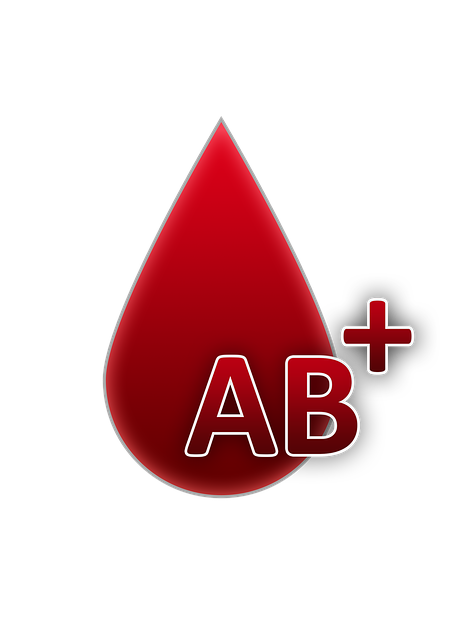
At-home thyroid blood tests have gained popularity due to their convenience and accessibility. However, when it comes to accuracy, these kits vary significantly in quality. Many over-the-counter tests offer basic screening options but may not provide a comprehensive assessment of your thyroid health. The key to ensuring reliable results lies in choosing a reputable brand that adheres to strict quality control measures.
Understanding thyroid health 101 is essential when considering at-home testing. Regular monitoring can help identify subtle imbalances early on, offering numerous benefits for long-term well-being. Knowing how often you should get a thyroid check depends on various factors, including your age, underlying health conditions, and family history. Consulting with a healthcare professional can guide you in making informed decisions regarding your thyroid health and the best testing frequency for your needs.
Comparing Lab vs Home Testing
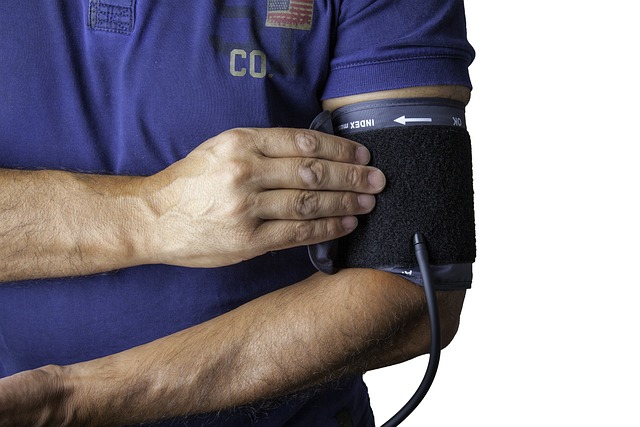
When it comes to comparing lab testing versus home testing for your thyroid, understanding the differences is key. While both methods aim to assess thyroid function, they operate in distinct ways. Lab tests typically involve sending a sample of your blood to a medical facility where trained professionals analyze it using sophisticated equipment. This traditional approach ensures precision and accuracy, making it ideal for comprehensive thyroid evaluations, especially in cases of suspected disorders or complex symptoms.
On the other hand, at-home thyroid blood tests offer convenience and accessibility. These kits allow individuals to collect a drop of blood at home, often with easy-to-follow instructions, and then send the sample for analysis. While initially appealing, their reliability depends on various factors, including proper sampling techniques and the accuracy of the testing kit itself. It’s essential to note that do at-home tests require medical supervision for interpretation, as results may not always be straightforward, especially when considering natural remedies for low thyroid levels as a potential course of action.
Interpreting Results: What Do They Mean?
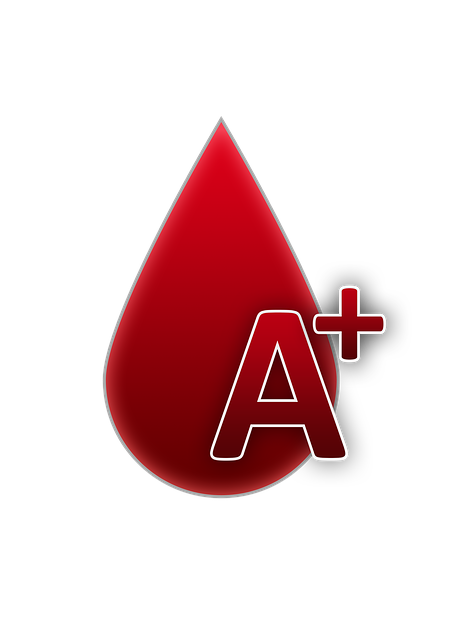
Interpreting the results of your home thyroid blood test is crucial. Thyroid stimulating hormone (TSH), typically measured in these tests, plays a critical role in regulating your thyroid’s activity. Normal TSH levels indicate that your thyroid gland is functioning as it should, while elevated or lowered TSH levels might suggest an underlying issue. For instance, high TSH could signal hypothyroidism, requiring further medical evaluation. Conversely, low TSH often points to hyperthyroidism.
Understanding these results is key to deciding on the next steps, especially considering the benefits of at-home thyroid monitoring for personalized health management. While home kits aren’t typically designed for thyroid cancer screening, they can be an excellent way to track your thyroid health over time and facilitate early detection of potential imbalances. Remember, if you have concerns about your results, consulting a healthcare professional is essential for accurate interpretation and appropriate medical advice.
Factors Affecting Test Reliability
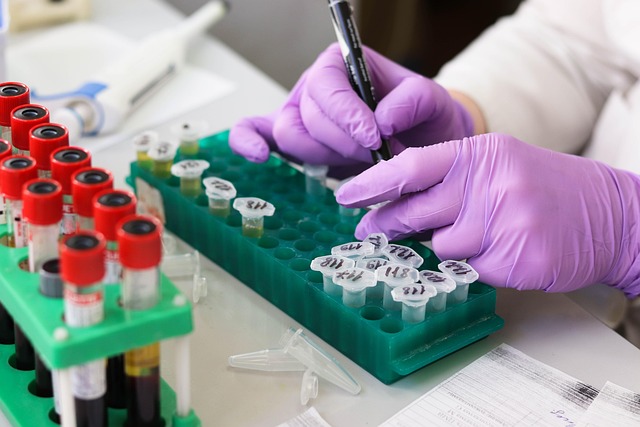
The reliability of a home thyroid blood test depends on several factors. One key consideration is the quality and accuracy of the test kit itself. Not all kits are created equal; some may have lower sensitivity or specificity, leading to false results. It’s crucial to choose a reputable brand that uses validated methods for testing.
Additionally, proper sample collection and handling are essential. Inaccurate sampling, such as incorrect timing or incorrect storage of the blood sample, can impact test reliability. Users must also ensure they follow the instructions meticulously, as any deviation could affect the outcome. Moreover, individual variations in thyroid function and potential interference from other substances in the blood should be considered when interpreting results, reinforcing the importance of consulting a healthcare professional for personalized guidance on how to support thyroid health holistically based on test findings.
When to Seek Medical Advice

If you suspect that there might be an issue with your thyroid, it’s crucial to know when to seek medical advice. While home thyroid blood tests can provide valuable insights into your hormone levels, they should not replace a comprehensive diagnosis from a healthcare professional. These at-home kits are useful for initial screening and self-monitoring, especially if you have risk factors for thyroid disorders like family history or specific symptoms such as fatigue, weight fluctuations, and changes in menstrual cycles.
However, if results indicate potential issues, it’s essential to consult a doctor. They can order further tests, interpret the data accurately, and provide personalized guidance. Fasting requirements for thyroid tests vary, so medical advice is necessary to ensure proper sample collection. Additionally, some conditions might require specialized testing not available in home kits, especially when it comes to screening for thyroid cancer, where professional evaluation and diagnostic tools are indispensable.
An at-home thyroid blood test can be a convenient way to assess your thyroid health, but it’s crucial to understand its limitations. While these kits offer accessibility and privacy, their accuracy varies, influenced by factors like proper sampling and storage. Comparing lab testing ensures more reliable results, especially for those with complex thyroid conditions. Always interpret results in context, considering symptoms and medical history, and consult a healthcare professional for personalized advice, especially if concerns persist. Remember, a home thyroid test is just one step in understanding your thyroid health—it’s not a definitive diagnosis but can be a valuable tool for initial screening.
